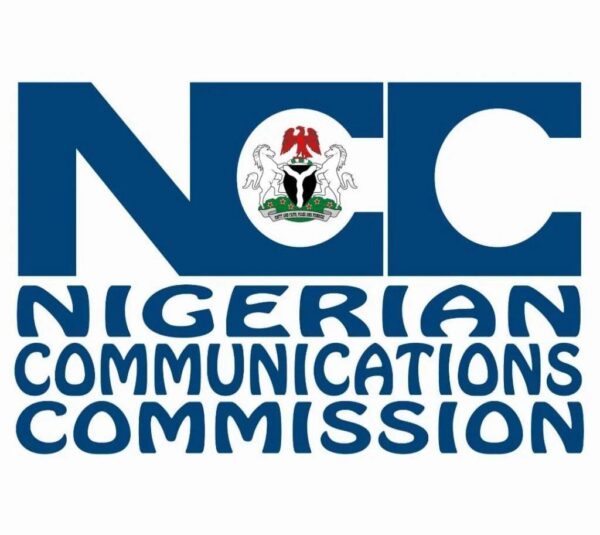 In a move aimed at strengthening consumer rights while improving operational processes in the telecommunications sector, the Nigerian Communications Commission (NCC) has proposed a 12-month grace period for subscribers to reclaim unused airtime on deactivated SIM cards. This proposal was revealed during a virtual stakeholder engagement forum, where the NCC outlined a new regulatory framework designed to address growing concerns about the treatment of dormant mobile lines and unclaimed recharges.
In a move aimed at strengthening consumer rights while improving operational processes in the telecommunications sector, the Nigerian Communications Commission (NCC) has proposed a 12-month grace period for subscribers to reclaim unused airtime on deactivated SIM cards. This proposal was revealed during a virtual stakeholder engagement forum, where the NCC outlined a new regulatory framework designed to address growing concerns about the treatment of dormant mobile lines and unclaimed recharges.The NCC’s draft framework introduces several key provisions that seek to strike a balance between protecting consumers and supporting the operational needs of mobile network operators. These include:
•SIM Deactivation and Recycling: Prepaid SIM cards that show no revenue-generating activity—such as calls, data usage, or SMS—for a continuous period of six months will be classified as inactive. If inactivity continues for an additional six months, the lines may be officially deactivated and subsequently recycled, meaning they could be reassigned to new users.
•Reclaiming Unused Airtime: Under the new proposal, subscribers whose lines have been deactivated due to inactivity will still have the opportunity to reclaim any unused airtime or credit on their accounts. This can be done within a 12-month grace period, provided the subscriber can verify ownership of the deactivated line through established procedures.
•Consumer Protection Measures: A central goal of the framework is to protect consumer interests. It ensures that subscribers are not unfairly deprived of their prepaid balances while providing network operators with a structured approach to managing inactive accounts and reclaiming valuable network resources.
The NCC emphasized that the telecommunications sector is a vital pillar of Nigeria’s economic growth, digital transformation, and financial inclusion. With tens of millions of Nigerians relying on prepaid mobile services for communication, commerce, and daily transactions, issues relating to inactive lines, unclaimed balances, and service transparency have become increasingly important.
The commission noted that the proposed framework is part of a broader effort to modernize regulatory practices and foster a more transparent and consumer-friendly telecoms environment. “This proposal reflects our commitment to not only protect consumers but also to ensure that network operators can operate efficiently and sustainably,” said a representative of the NCC during the forum.
If adopted, the framework is expected to generate several positive outcomes across the industry:
•Operational Efficiency: By setting clear timelines for SIM deactivation and recycling, operators can better manage their subscriber databases and optimize the allocation of mobile numbers and resources.
•Enhanced Consumer Trust: Giving subscribers a clearly defined window to recover unused credit adds transparency and fairness to the system, potentially improving public confidence in mobile service providers.
•Data Integrity and Compliance: The proposal could also help improve data integrity across networks, encouraging better compliance with subscriber registration and Know Your Customer (KYC) regulations.
The NCC has invited feedback from stakeholders, including mobile network operators, consumer rights groups, and members of the public, to further refine the framework. This collaborative process aims to ensure that the final policy reflects a broad consensus and meets the evolving needs of Nigeria’s dynamic telecoms landscape.
Once stakeholder input has been reviewed, the final version of the framework will be adopted and implemented, marking a significant step forward in regulatory accountability and consumer protection in Nigeria’s telecommunications industry.
As the country continues to embrace digital innovation, the NCC’s proposal underscores the importance of maintaining a balance between economic efficiency and the rights of consumers in the ever-evolving mobile ecosystem.








